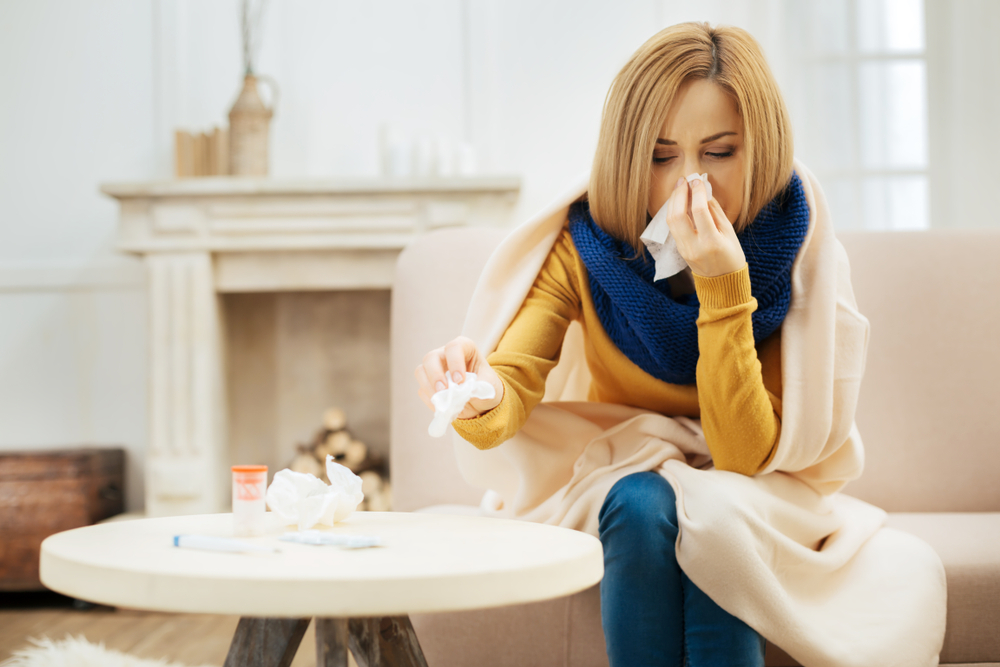Complete Guide to Allergy Relief Medications
This comprehensive guide covers common allergy medications, including antihistamines, decongestants, and emergency treatments like epinephrine. It highlights their uses, side effects, and precautions, aiding readers in managing allergy symptoms effectively and safely.

Complete Guide to Allergy Relief Medications
Allergic reactions are among the most common health concerns, impacting individuals across all age groups. These reactions happen when the immune system overreacts to harmless triggers such as pollen, dust, or pet dander. Symptoms may vary from mild irritation to serious, life-threatening conditions. Proper diagnosis is essential for effective treatment. Once diagnosed, healthcare providers often recommend a range of allergy medications to control symptoms and avoid complications.
Here are some frequently used allergy treatments:
Antihistamines are commonly used to counteract histamine effects, reducing allergy symptoms. These are available as eye drops, creams, nasal sprays, syrups, or tablets. Drowsiness can be a side effect, so caution is advised when driving or operating machinery.
Decongestants help relieve sinus pressure and nasal congestion caused by allergies. They work by constricting blood vessels to open up nasal pathways, making breathing easier. Common options include medications like Sudafed, Propagest, and Entex. Patients with hypertension or pregnant women should consult a healthcare professional before use.
Epinephrine is essential for managing severe allergic responses such as anaphylaxis. It is administered via auto-injectors like EpiPen, Twinject, or Anapen and should only be used under medical supervision.
Over-the-counter allergy medications such as cetirizine, fexofenadine, loratadine, brompheniramine, chlorpheniramine, clemastine, and diphenhydramine are widely available. Topical treatments like ketotifen and pheniramine combinations are also effective for eye symptoms.
Possible side effects include drowsiness, nausea, dry mouth, or nervousness. Rare adverse effects like nasal bleeding or taste disturbances may occur but typically resolve over time. Persistent symptoms warrant medical attention. Additionally, alternative therapies are increasingly popular for those seeking non-pharmacological options.


